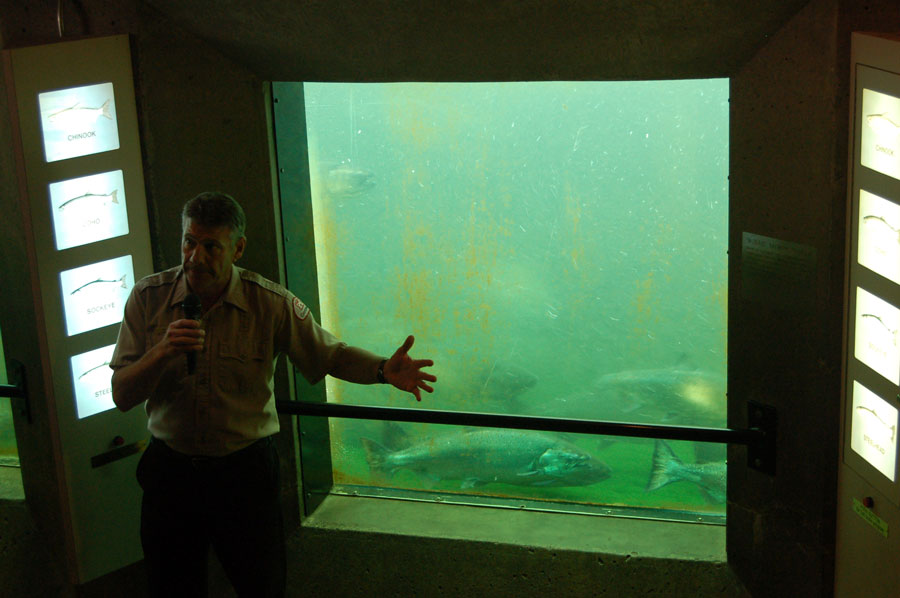
Much as I admire Melville, I’ve never been passionate about fishing.
But I do think there’s something at once mystical and primal about the attempt to catch a creature you can’t quite see.
However, when I recently watched the film version of Salmon Fishing in the Yemen, I wasn’t motivated by any high-minded appreciation of the spiritual dimensions of the sport of fly fishing. I saw that Emily Blunt was in the cast. That was enough for me.
It didn’t hurt that Ewan McGregor was also in the film, playing a socially challenged Scottish fisheries expert. I went into it expecting a modestly entertaining film and was pleasantly surprised. I even learned a bit about salmon, a thing I wouldn’t have thought possible after my years in Seattle.
The somewhat far-fetched plot revolves around a project financed by a fabulously wealthy Yemeni sheikh whose dream it is to make salmon fishing possible in the Yemen.
If you are like me, your knowledge of the exact location of the Yemen is sketchy at best. But if you guess that it’s mostly hot and dry, that’s close enough to be getting on with the movie version. The film ripples along, bubbling smoothly over the bureaucratic and logistic hurdles of the proposed project, and casting a wry light on the cynical political posturing that goes on far from the salmon beds.
I enjoyed the movie so much that I promptly went out and read a copy of the novel by Paul Torday on which the film was loosely based. Operative word: loosely.
The first half of the novel is more or less faithfully followed in the screen version. Yet as the plot becomes more complex, and the shadows lengthen, the novel winds up with a significantly different outcome. Not altogether bad. But not the soft-focus, convenient dramatic turning point, uplifting emotional payoff that typifies the usual indie rom-com. Instead, the novel ends with an air of possibility. It’s like a Zen exercise in faith.
The charismatic Sheikh Muhammad whose philosophical conversation is reminiscent of the cryptic stylings of Yoda, remains the calm center in spite of the gathering storm of media nonsense. Among the many truisms he utters is: “Without faith there is no hope and no love. Faith comes before hope, and before love.”
I thought about that one for a long time after I closed the book. I’d like to think that inside every devoted fisherman there is that element of faith that precedes love. But then, maybe that’s just the fisher in me dreaming of salmon in the desert.